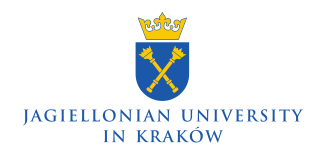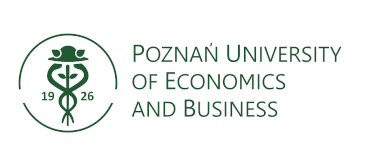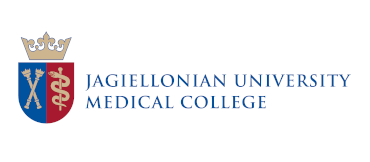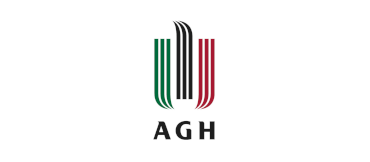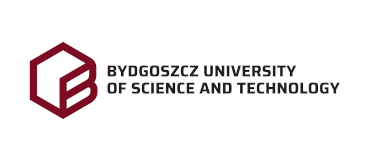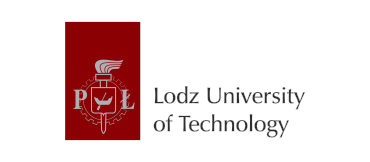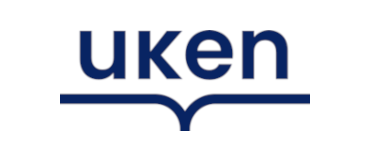Benefits
We support the development of study plans, course cards and curricula. We provide substantive support in the form of assistance of the Syllabus system team and system support in the form of automatic application functions.
We guarantee compliance with the applicable law. As part of our cooperation, we are committed to adapting the system to changes in regulations without additional costs.
We organise and systematise work related to the documentation of curricula. In addition, we develop the standard for subsequent didactic cycles, which significantly reduces the involvement of employees.
The Syllabus system is integrated by us with other applications operating at the university, in accordance with the rule of one data entry point.
In our opinion, the key aspect of implementation is to populate the system with data and quickly implement it to be used in terms of its full functionality. Only the combination of user data, functions and skills determines the usefulness and value of the system for universities.
404273
syllabi
24400
active users
47970
study grids
9840
education programs
Structure of the system
The core of the system is used to create and manage study plans, course description cards and curriculums. Information contained in these documents, including hours and forms of classes, curriculum content, learning results, linking to university research, are a valuable source of data. Using the advanced analytical tools of the Syllabus system, the university will obtain knowledge helpful in the continuous process of improving the quality of education.
 Documentation
Documentation
|
The Documentation module allows for efficient syllabus management thanks to extensive options and
filters. The system has the function of automatic document checking - the correctness status is
currently available to the
administrator.
|
|---|---|
 Documentation
Documentation
|
|
|
The Documentation module allows for efficient syllabus management thanks to extensive options and
filters. The system has the function of automatic document checking - the correctness status is
currently available to the
administrator.
|
|
| 01. Intuitive to use, responsive syllable filling form. | |
| 02. Option to create syllabi covering more than one semester. | |
| 03. lectronic versions of syllabi available as a website or pdf document. | |
| 04. Blocked editing of individual syllabus sections. | |
| 05. Ability to fill in a syllabus without logging in to the system. | |
 Studies
Studies
|
Creating new and updating existing study plans is a labour-intensive process for universities. The
automatic solutions of the Studio module significantly improve it and guarantee compliance with
legal provisions and internal
university regulations.
|
|---|---|
 Studies
Studies
|
|
|
Creating new and updating existing study plans is a labour-intensive process for universities. The
automatic solutions of the Studio module significantly improve it and guarantee compliance with
legal provisions and internal
university regulations.
|
|
| 01. Development of study plans with ongoing control of their correctness. | |
| 02. Configuring the curriculum form in terms of the required content. | |
| 03. Providing study plans and syllabi from the system level on the university's website. | |
| 04. Adaptation to support the fields covered by the education standard. | |
| 05. Automatic generation of developed curricula to be approved by the university senate. | |
 Analytics
Analytics
|
Meeting the requirements of 2.0 Act and accompanying regulations, increasing the chances of
graduates on the labour market, as well as adapting the skills of graduates to the needs of
employers, require constant analysis of the
didactic offer. The Analytics module offers detailed reports and advanced tools supporting the
university in this area.
|
|---|---|
 Analytics
Analytics
|
|
|
Meeting the requirements of 2.0 Act and accompanying regulations, increasing the chances of
graduates on the labour market, as well as adapting the skills of graduates to the needs of
employers, require constant analysis of the
didactic offer. The Analytics module offers detailed reports and advanced tools supporting the
university in this area.
|
|
| 01. Automatic checking of compliance of the study plans with the requirements, accompanying regulations and the requirements of educational standards. | |
| 02. Verification of study plans in terms of meeting the criteria set by the university. | |
| 03. Generating lists covering learning results. | |
| 04. Reporting the percentage share of disciplines for specific fields. | |
| 05. Checking subjects related to scientific research for general academic fields and practical classes for practical fields. | |
Team
The Syllabus system functions and is developed based on the work of seven people managed by Piotr Januszewski, PhD and Konrad Fuks, PhD - many-year scientific and didactic employees of the Poznań University of Economics and Business. Their experience and knowledge was the basis of the foundation of the Syllabus system.

Piotr Januszewski, PhD
Coordination of development works
"Each organisation is a system that can be automated."

Konrad Fuks, PhD
Coordination of implementation
"Digital data is a key resource of any modern organisation."
Feel free to contact us
+48 502 665 839
Syllabus
ul. Piastowska 71
61-556 Poznań
Poland
info@sylabus.org
